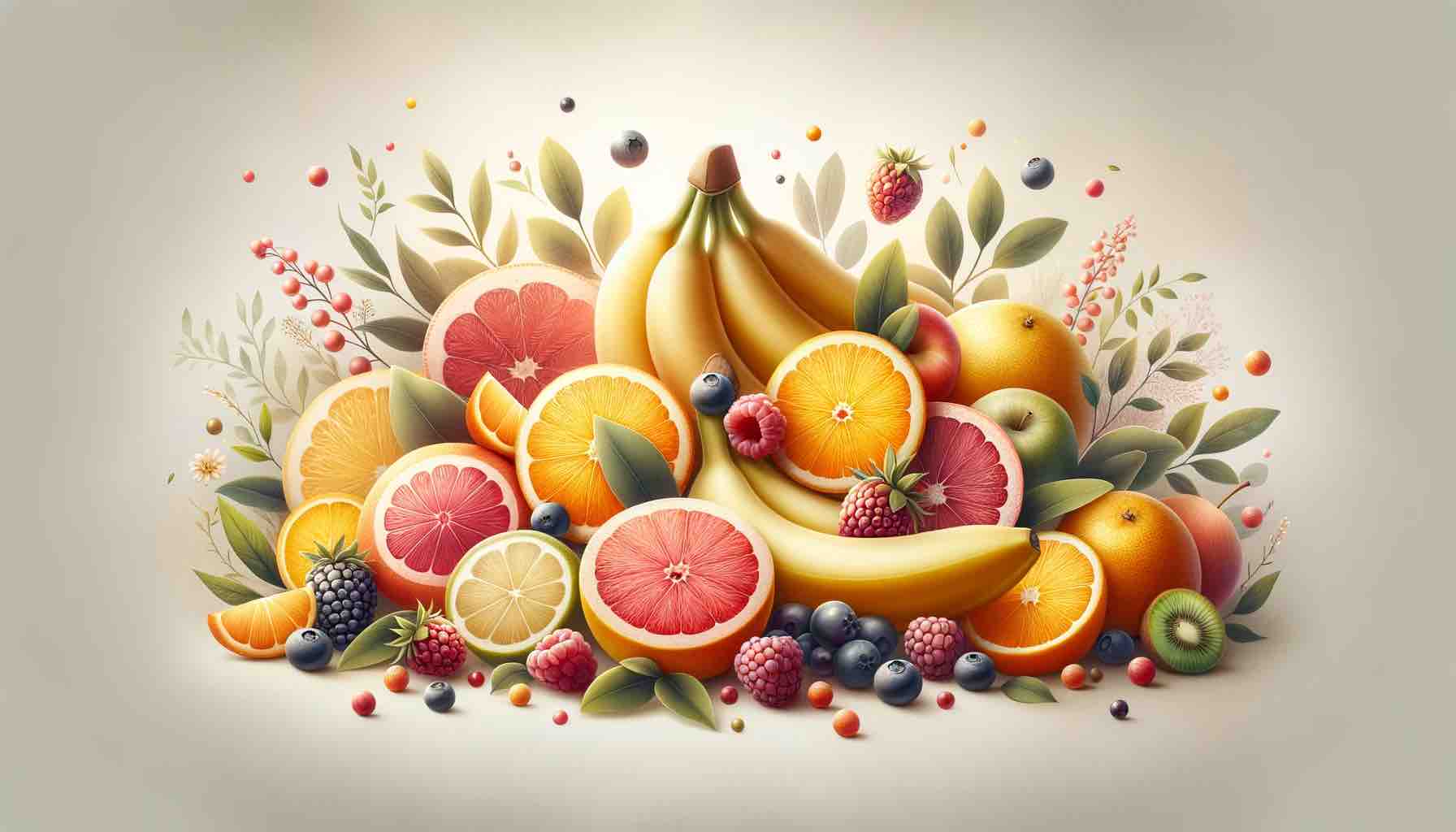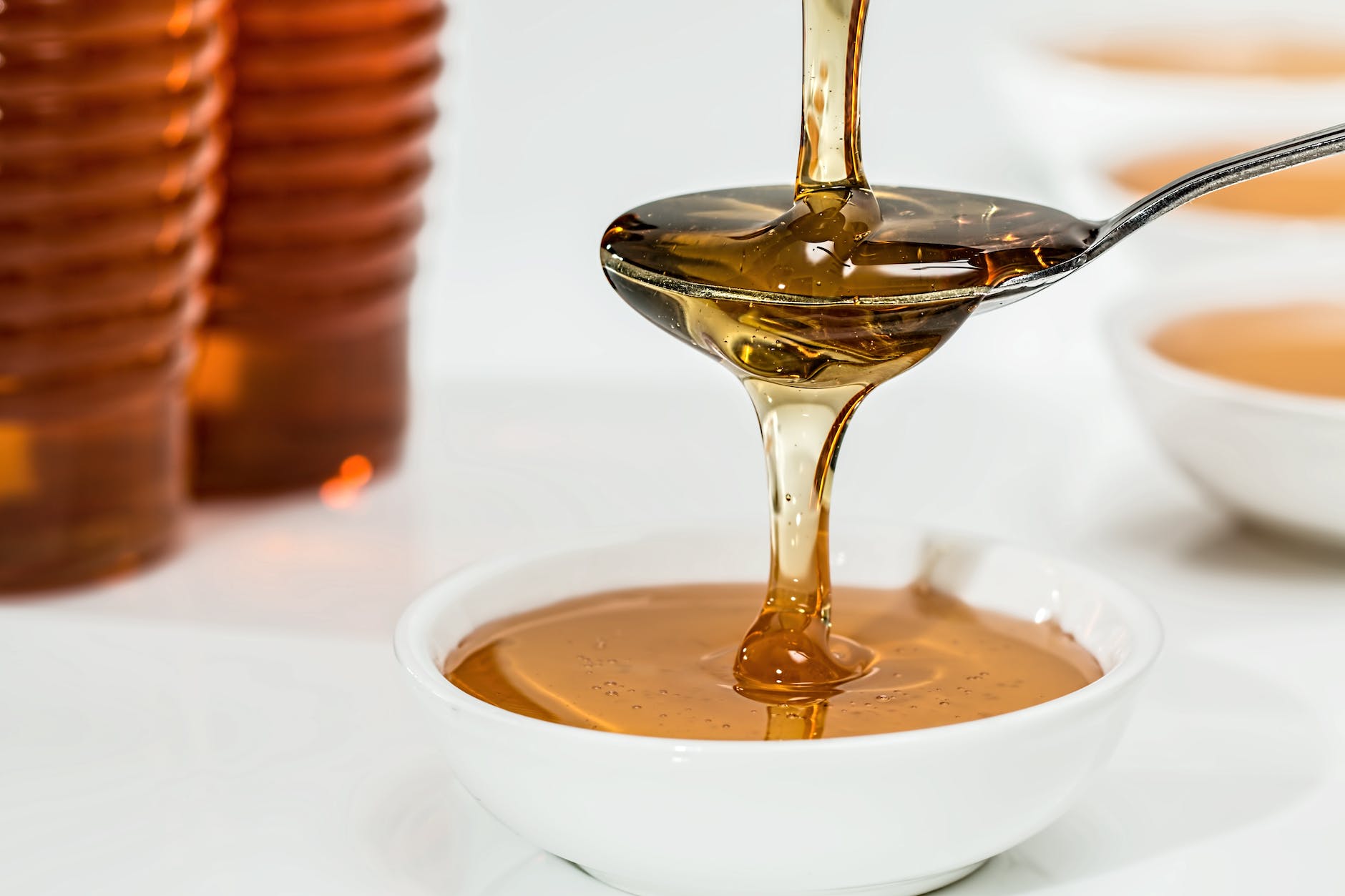
Welcome to our latest post where we tackle a question as old as time (or at least as old as colds and flu season): Is orange juice good for a sore throat? With an array of opinions and old wives’ tales, it’s time to squeeze the truth out of this citrus query. Let’s peel away the myths and get to the pulp of the matter.
The Citrus Debate: Is Orange Juice a Friend or Foe to Your Throat?
When it comes to sore throats, orange juice is a topic of hot debate. On one side, we have the vitamin C enthusiasts who swear by its immune-boosting powers. On the other, skeptics point out the acidic nature of orange juice that can potentially irritate a sensitive throat. So, what’s the juicy truth?
Understanding the Vitamin C Connection
Vitamin C, abundantly found in oranges, is well-known for its immune-boosting properties. It’s a go-to nutrient for many when they feel under the weather. But does it help directly with a sore throat? Not exactly. While boosting your immune system is never a bad idea, especially during a cold or flu, vitamin C is more of a long-term player in your health game rather than a quick fix for sore throat discomfort.
Acidity and Irritation: The Sour Side of OJ
The acidic nature of orange juice is where the real debate lies. Many sources, including health experts, caution against orange juice for sore throats. The acidity can aggravate an already irritated throat, making you feel more discomfort. This is particularly true for individuals with conditions like acid reflux or GERD, where acidic foods and drinks can trigger more severe symptoms.
So, Can You Drink Orange Juice with a Sore Throat?
The answer isn’t a straightforward yes or no. It boils down to personal tolerance. If you have a history of throat irritation with acidic foods, it’s probably best to steer clear of OJ when you have a sore throat.
Better Alternatives for Sore Throat Relief
If you’re seeking comfort for your sore throat, consider these gentler alternatives:
- Warm Tea: A soothing cup of herbal tea can be far more beneficial.
- Honey and Lemon: A classic remedy that offers both soothing and antibacterial properties.
- Water: Sometimes, simple hydration is the key.
Does Orange Juice Help with Strep Throat or Tonsillitis?
When it comes to more severe throat infections like strep throat or tonsillitis, professional medical advice should always be your first go-to. While orange juice won’t harm you, it’s not a treatment for these conditions. In fact, the acidity might make the pain worse.
Exploring Beyond the Sore Throat: 5 Additional Benefits of Orange Juice
While the debate around orange juice and sore throats continues, there’s no denying that this citrus powerhouse has more to offer. Orange juice is a nutritional juggernaut, packed with benefits that extend well beyond immune support. Here are five other remarkable advantages of including orange juice in your diet:
1. A Wealth of Nutrients
Orange juice is much more than just vitamin C. It’s a rich source of essential nutrients, including potassium, which is crucial for heart health and maintaining blood pressure levels. Additionally, it contains folate, which is vital for DNA synthesis and repair, making it an excellent beverage for pregnant women and those looking to boost their overall health.
2. Antioxidant Properties
The presence of antioxidants like flavonoids, carotenoids, and ascorbic acid in orange juice helps combat oxidative stress in the body. These antioxidants play a significant role in preventing chronic diseases, fighting inflammation, and supporting overall health and longevity.
3. Heart Health Ally
Regular consumption of orange juice may have a positive effect on heart health. The antioxidants and potassium in OJ can help lower blood pressure and cholesterol levels, reducing the risk of heart disease. Remember, though, moderation is key, as orange juice also contains natural sugars.
4. Supports Digestive Health
Orange juice contains fiber (especially in pulp-rich varieties), which aids in digestion and helps prevent constipation. It also has a mild laxative effect, which can be beneficial for maintaining regular bowel movements. Plus, the flavonoids in orange juice have been shown to positively impact gut health.
5. Skin Health Benefits
The vitamin C in orange juice isn’t just for your immune system; it also plays a crucial role in skin health. It aids in collagen production, which is essential for skin elasticity and firmness. Additionally, its antioxidant properties help protect the skin from damage caused by the sun and pollution.
The Bottom Line: To Juice or Not to Juice?
Orange juice is a nutritional powerhouse, packed with vitamin C and hydration benefits. However, when it comes to sore throats, it’s not the miracle cure it’s often made out to be. The acidity can irritate your throat, and there are better, more soothing alternatives available.
Remember, every throat is different. If orange juice doesn’t make your symptoms worse and you enjoy it, there’s no reason to cut it out completely. Just be mindful of how your body reacts and consult with a healthcare professional if you’re unsure.
So, there you have it! Whether you’re a fan of OJ or not, we hope this post has given you some food (or drink) for thought. Share your experiences and thoughts in the comments below – does orange juice help your sore throat, or do you have other remedies you swear by? Let’s start a fruitful discussion!
10 FAQs About Orange Juice and Sore Throats
- What Makes Orange Juice Potentially Irritating for a Sore Throat? The main concern with orange juice is its acidity. Citric acid, which is abundant in oranges, can irritate and inflame an already sensitive throat, leading to increased discomfort.
- Can Drinking Orange Juice Help Boost My Immune System During a Cold? While orange juice is rich in vitamin C, which is known for its immune-boosting properties, it’s not a direct treatment for sore throats. It’s more about supporting overall immune health over time rather than offering immediate sore throat relief.
- Are There Any Benefits to Drinking Orange Juice When You Have a Sore Throat? Orange juice can provide hydration and a dose of vitamin C. However, if you have a sore throat, it’s important to weigh these benefits against the potential for the juice to aggravate your throat due to its acidity.
- What Are Some Sore Throat-Friendly Alternatives to Orange Juice? Warm herbal teas, honey-lemon water, and simply staying hydrated with plain water are more throat-friendly options. They provide soothing relief without the risk of acidity-related irritation.
- If I Have Acid Reflux or GERD, Should I Avoid Orange Juice for a Sore Throat? Yes, it’s advisable. For individuals with acid reflux or GERD, acidic foods and drinks like orange juice can exacerbate symptoms and lead to increased discomfort.
- How Does the Acidity in Orange Juice Compare to Other Citrus Juices? Most citrus juices, including lemon, lime, and grapefruit, have similar acidity levels to orange juice. Therefore, they can potentially cause the same level of irritation to a sore throat.
- Can Orange Juice Worsen the Symptoms of Strep Throat or Tonsillitis? Yes, due to its acidic nature, orange juice might worsen the pain associated with more severe throat infections like strep throat or tonsillitis. In such cases, less acidic alternatives are recommended.
- Is There Any Way to Make Orange Juice Less Irritating for a Sore Throat? Diluting orange juice with water can reduce its acidity, making it less irritating. However, if your throat is very sensitive, it might be best to choose a different drink entirely.
- What Role Does Vitamin C Play in Treating Sore Throats? Vitamin C is crucial for immune health but it doesn’t directly soothe a sore throat. Its role is more about supporting the body’s overall immune response rather than providing immediate throat relief.
- Can Children Drink Orange Juice When They Have a Sore Throat? Children can drink orange juice, but like adults, they might find that the acidity irritates a sore throat. It’s essential to monitor their response and consider alternative soothing drinks like warm herbal tea or honey water (for children over 1 year).
Blog Tags
Orange Juice Sore Throat, Vitamin C and Health, Dietary Advice, Sore Throat Remedies, Citrus Fruits, Health Myths, Acidity and Throat Health, Immune System Boosters, Hydration for Health, Home Remedies, Strep Throat, Tonsillitis, Herbal Teas, Natural Healing, Nutritional Tips, Wellness and Nutrition, Healthy Drinking, Throat Irritation, Cold and Flu Season, OJ for Health, Sore Throat Relief.











